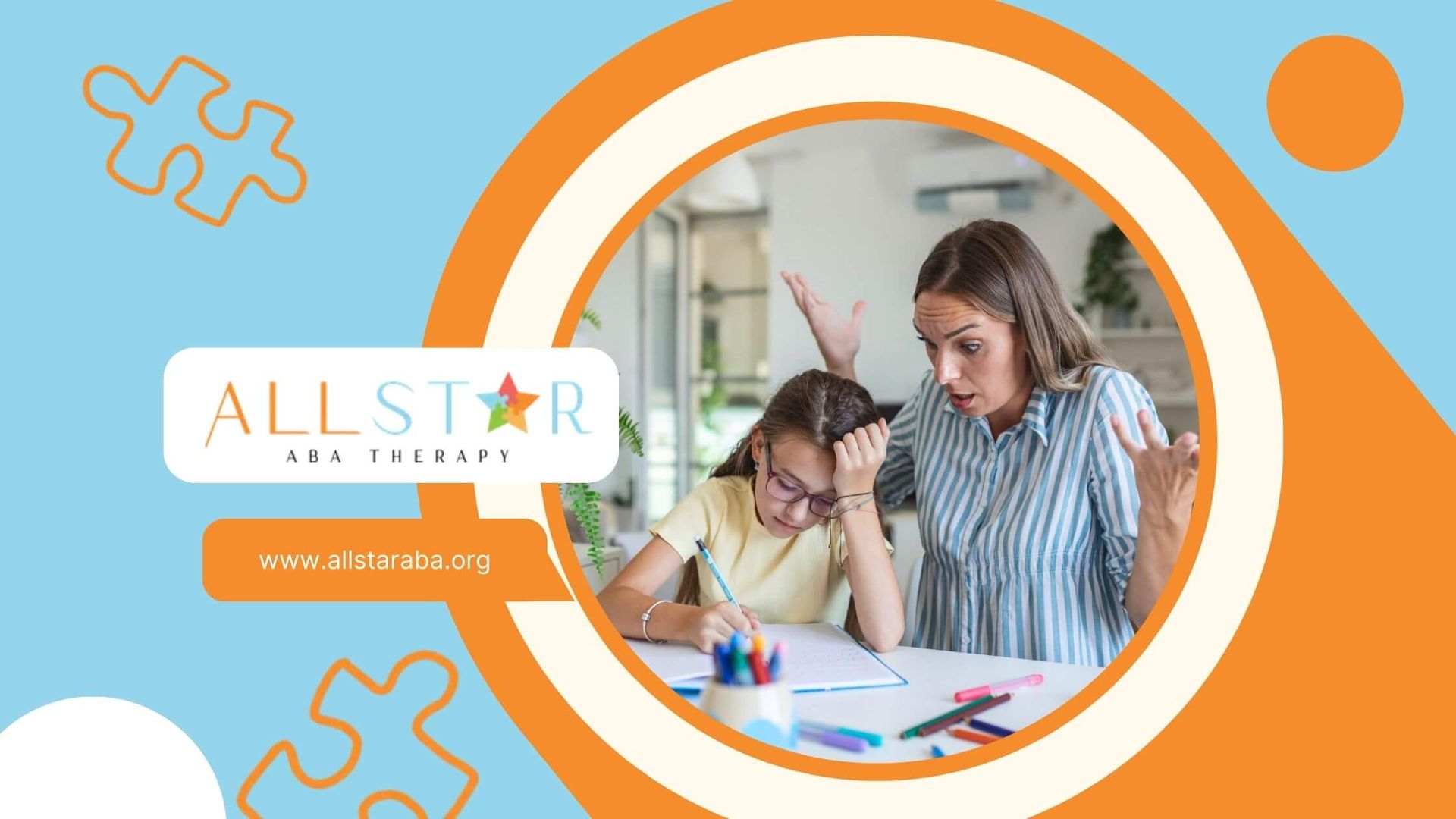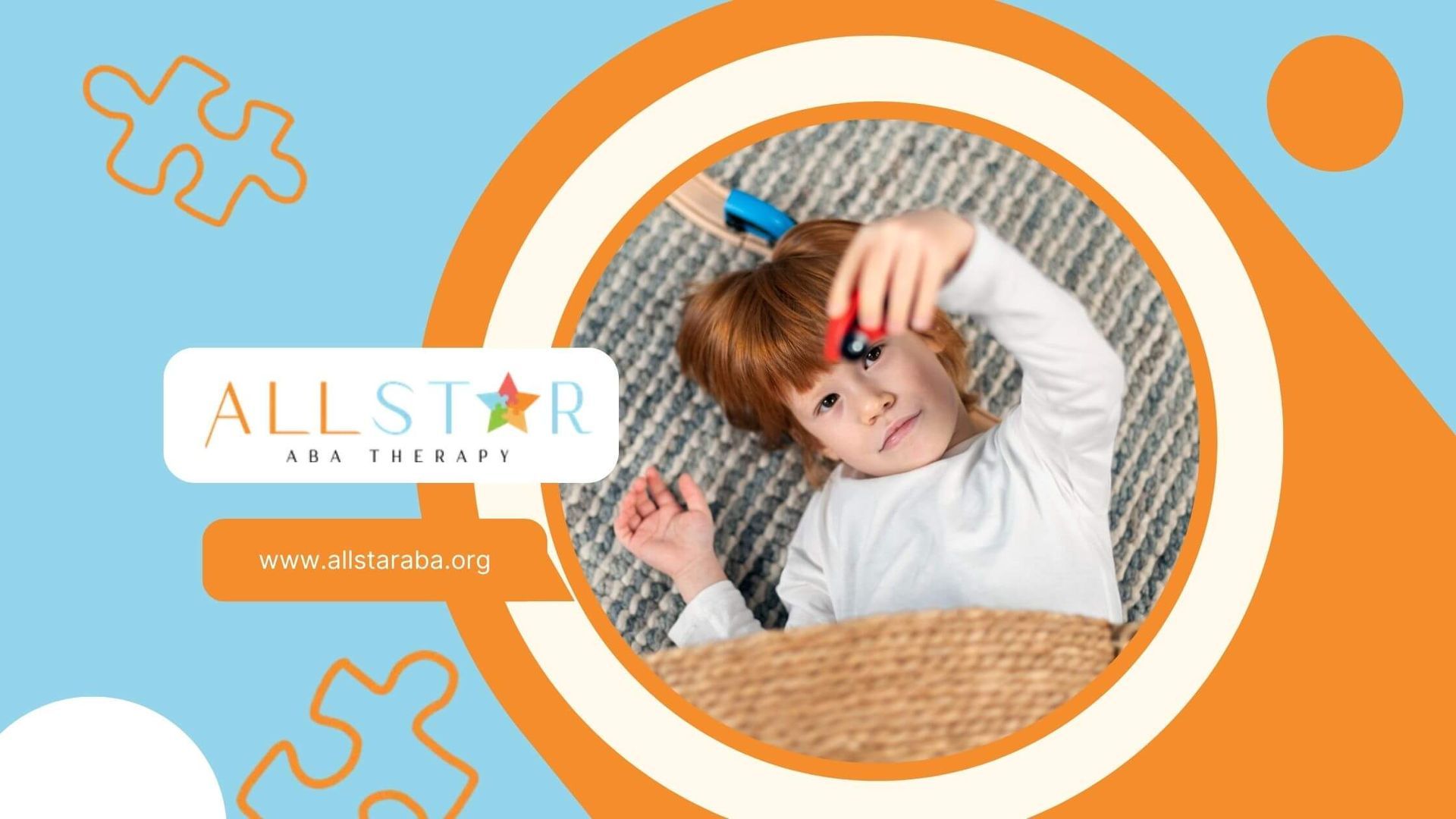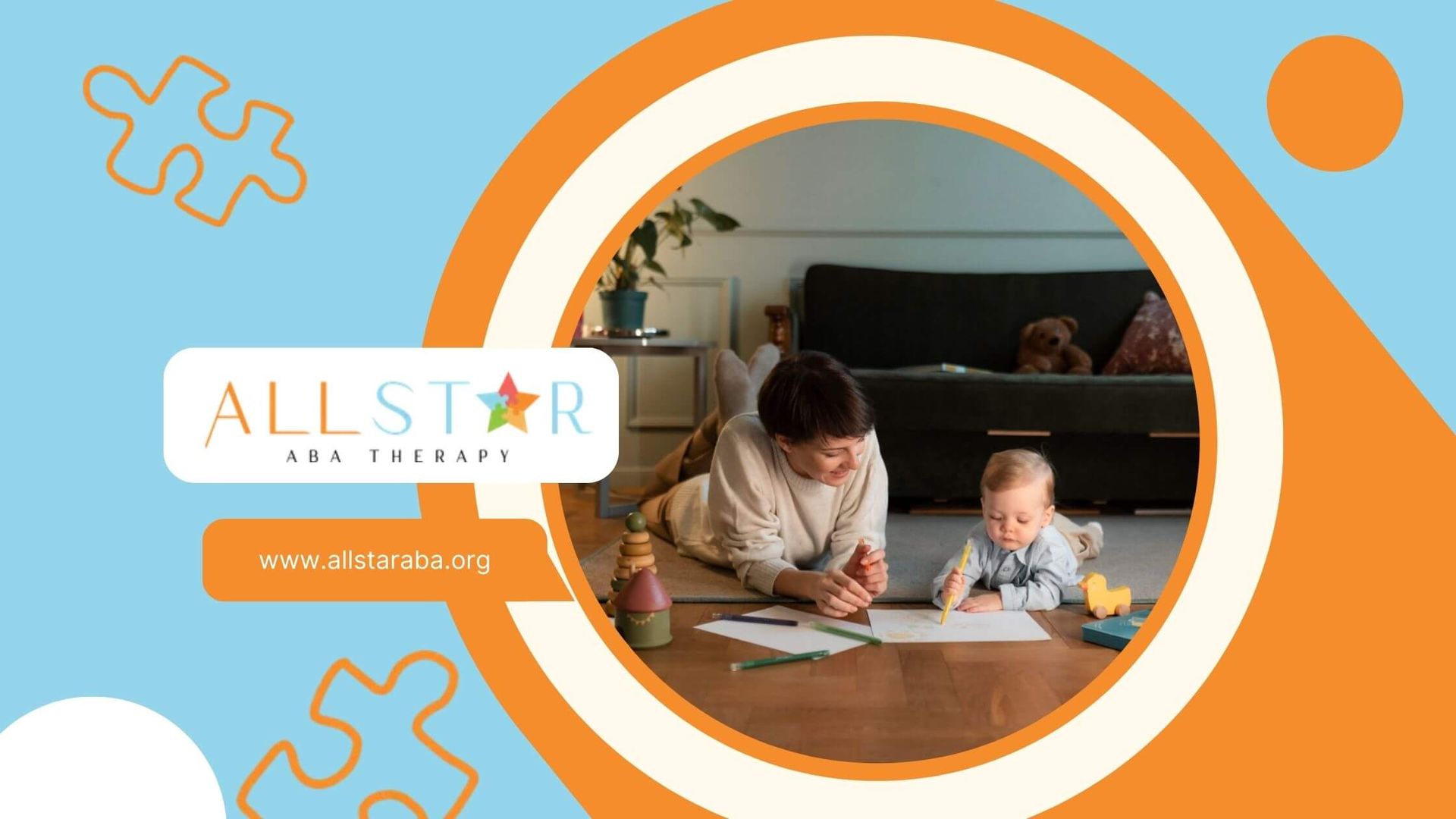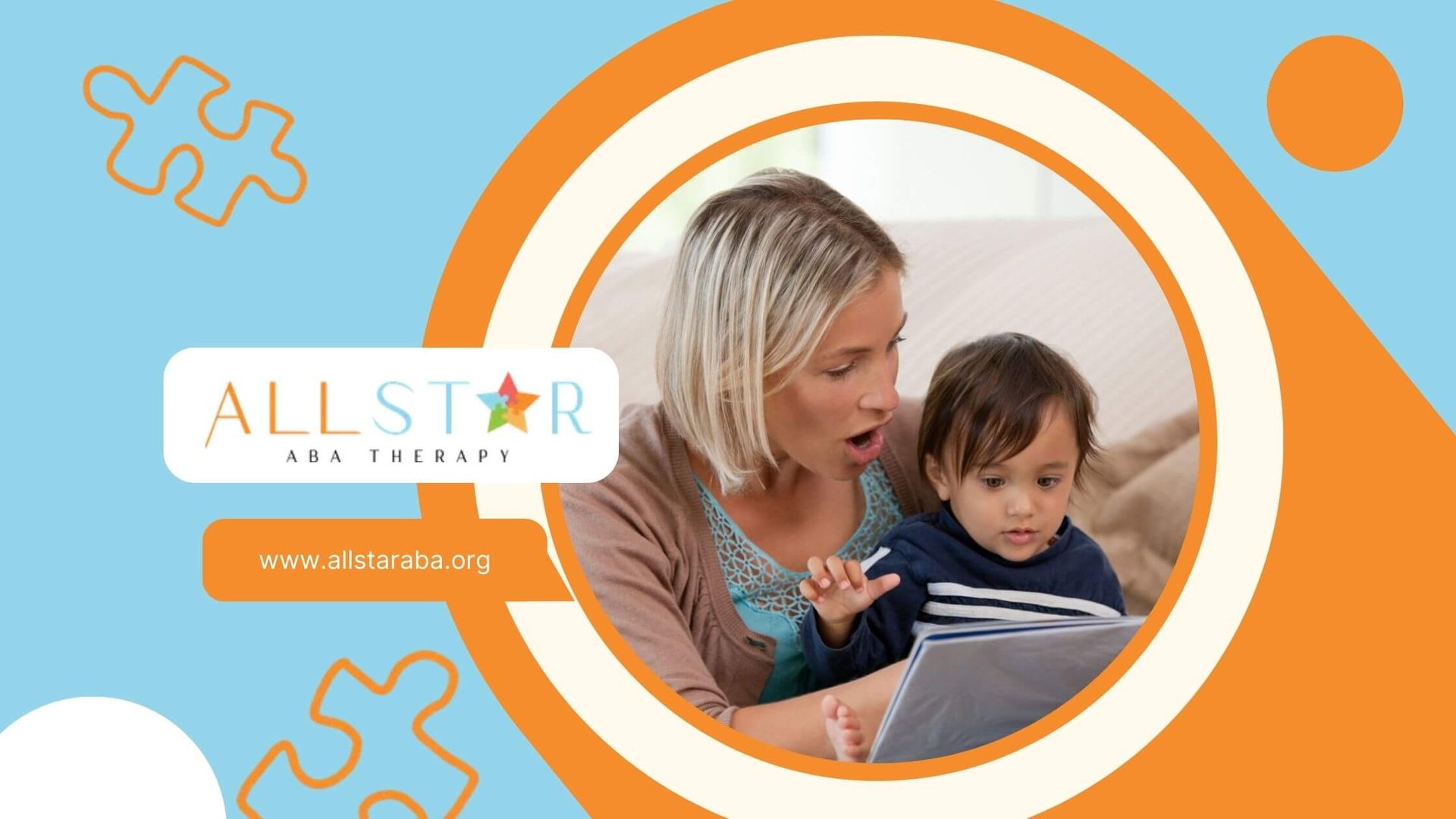New Paragraph
What is an RBT? Understanding RBT Certification
If you've been exploring the world of Applied Behavior Analysis (ABA) therapy, you may have come across the term "RBT" or Registered Behavior Technician. But what exactly is an RBT, and what role do they play in the field of ABA therapy? In this comprehensive guide, we'll delve into the fundamentals of RBT certification, the responsibilities of RBTs, and the impact they have on individuals with autism spectrum disorder (ASD) and other developmental disabilities.
What Is an RBT?
A Registered Behavior Technician (RBT) is a paraprofessional who is certified by the Behavior Analyst Certification Board (BACB) to implement behavior intervention plans under the supervision of a Board Certified Behavior Analyst (BCBA) or Board Certified Assistant Behavior Analyst (BCaBA). RBTs work directly with individuals with autism and other developmental disabilities, providing support and implementing interventions to help them achieve their goals and improve their quality of life.
RBT Certification Requirements
To become an RBT, individuals must meet specific education and training requirements and pass the RBT exam administered by the BACB. The requirements for RBT certification include:
- Minimum Education: RBT candidates must possess a high school diploma or equivalent to be eligible for certification.
- RBT Training: Candidates must complete a 40-hour training program that covers the principles of behavior analysis, ethical considerations, and practical skills related to implementing behavior intervention plans. The training program must be conducted by a qualified instructor and meet the standards set forth by the BACB.
- Supervision: RBT candidates must receive supervision from a qualified BCBA or BCaBA who oversees their training and ensures they are competent in implementing behavior intervention plans. Supervision includes direct observation of RBTs' performance, feedback, and ongoing support and guidance.
- RBT Exam: After completing the training requirements, candidates must pass the RBT exam, which assesses their knowledge and skills in the field of ABA therapy. The exam consists of multiple-choice questions covering topics such as assessment, intervention, data collection, and professional conduct.
- Background Check: RBT candidates must undergo a criminal background check to ensure they meet the BACB's standards for ethical conduct and professionalism.
Responsibilities of RBTs
Once certified, RBTs have several key responsibilities in the provision of ABA therapy:
- Implementing Behavior Intervention Plans: RBTs are responsible for implementing behavior intervention plans developed by BCBAs or BCaBAs to address the specific needs and goals of their clients. This may involve teaching new skills, reducing challenging behaviors, and promoting positive behavior change through reinforcement and prompting strategies.
- Data Collection and Progress Monitoring: RBTs collect data on client behavior during therapy sessions to track progress toward goals, identify trends or patterns in behavior, and evaluate the effectiveness of interventions. Accurate data collection is essential for informing decision-making and adjusting intervention strategies as needed.
- Collaborating with the Therapy Team: RBTs work collaboratively with BCBAs, BCaBAs, and other members of the therapy team to ensure coordinated and comprehensive care for their clients. This may involve attending team meetings, sharing observations and insights, and implementing strategies recommended by supervising clinicians.
- Maintaining Professionalism and Ethical Conduct: RBTs are expected to adhere to the highest standards of professionalism and ethical conduct in their practice. This includes maintaining client confidentiality, respecting the dignity and autonomy of clients, and upholding the principles of behavior analysis in their interactions and interventions.
The Impact of RBTs in ABA Therapy
RBTs play a crucial role in the delivery of ABA therapy and the support of individuals with autism and other developmental disabilities. Their dedication, compassion, and commitment to evidence-based practice contribute to positive outcomes for clients and families. By implementing behavior intervention plans, collecting data, and collaborating with the therapy team, RBTs help individuals achieve their goals, develop new skills, and lead fulfilling lives.
Key Takeaway
In conclusion, Registered Behavior Technicians (RBTs) are essential members of the ABA therapy team, providing direct support and interventions to individuals with autism spectrum disorder and other developmental disabilities. Through their training, expertise, and dedication to ethical practice, RBTs make a significant impact on the lives of their clients and families. If you're seeking compassionate and evidence-based ABA therapy services for your child, contact All Star ABA to learn more about our team of skilled professionals and our commitment to excellence in care.
Need Support?
We're Here to Help!
Our experienced team is ready to assist you. Reach out today to discuss how we can support your child's development and well-being.
Get started with expert ABA therapy today.








